Seminar “Understanding and Teaching Transformation after 1989” – Methodology, Perspectives, and Lesson Design
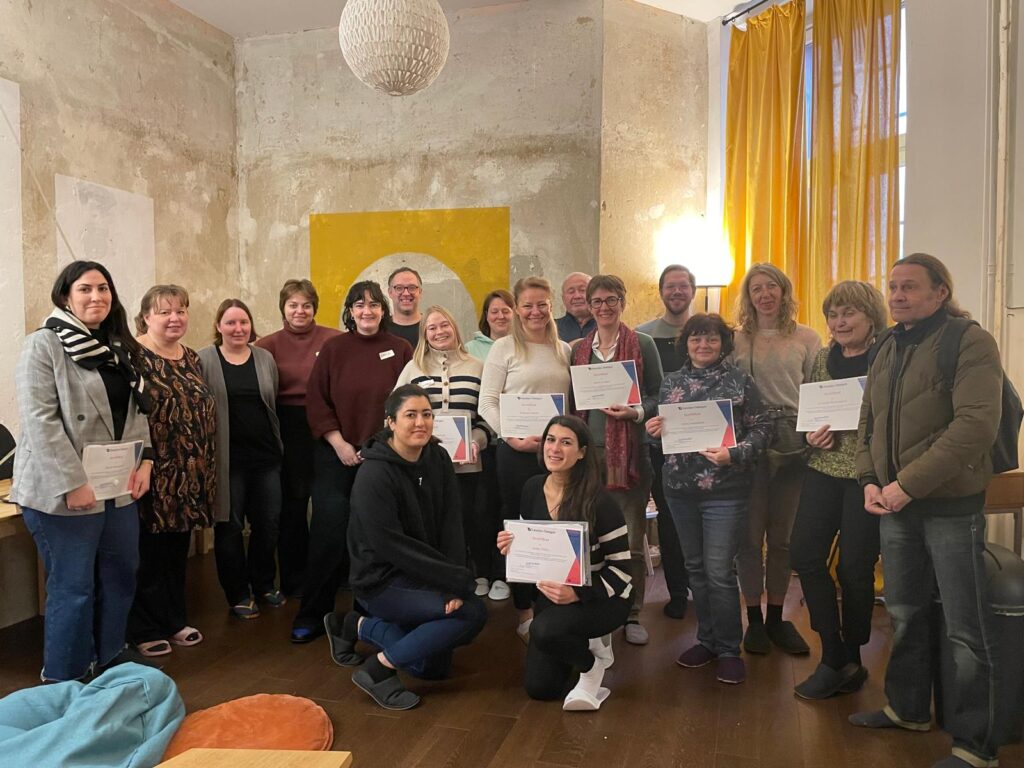
The seminar “Understanding and Teaching Transformation after 1989” took place at the Berlin educational center Zeitgeist and brought together 25 educators across Germany. The focus was on teaching the period of transition after the fall of the Berlin Wall in an increasingly polarized society.
Poland, Germany, and Ukraine at a Turning Point: Strengthening or Breaking the Alliance
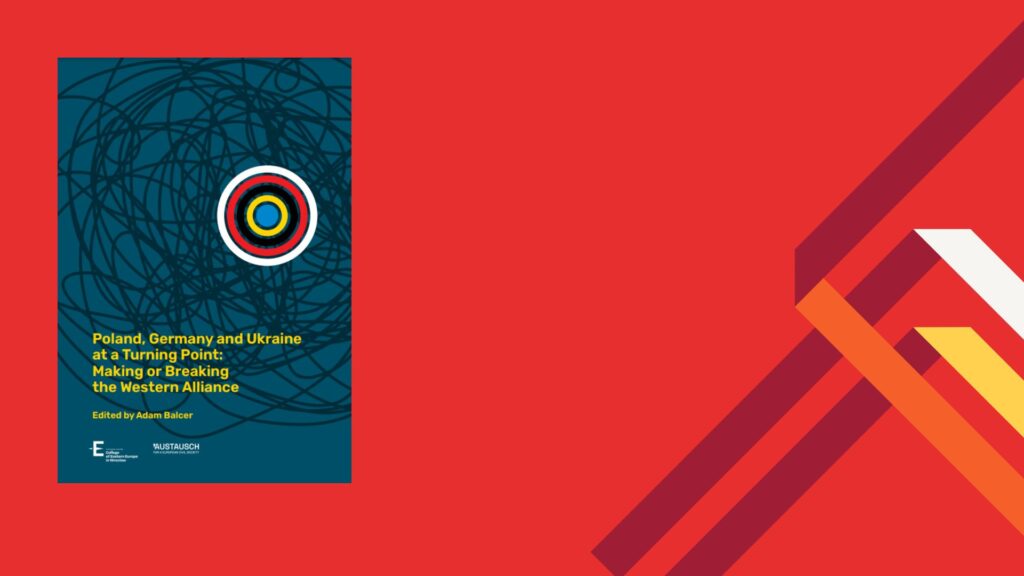
A new report, prepared by the Jan Nowak-Jeziorański College of Eastern Europe in cooperation with us and Austausch e.V.
Lost in Transition? Presenting a New Series of Video Interviews on Post-Soviet Transformations

Through the voices of 10 new contemporary witnesses, we delve into personal insights that help us better understand the historical roots and present struggles of their countries. Their stories also shed light on key moments from the late 1990s and 2000s, including the “Color Revolutions,” which marked pivotal chapters in the region’s ongoing political and societal transformations.
Strengthening the Role of Civil Society in the Implementation of Climate Initiatives: Cooperation with the OSCE
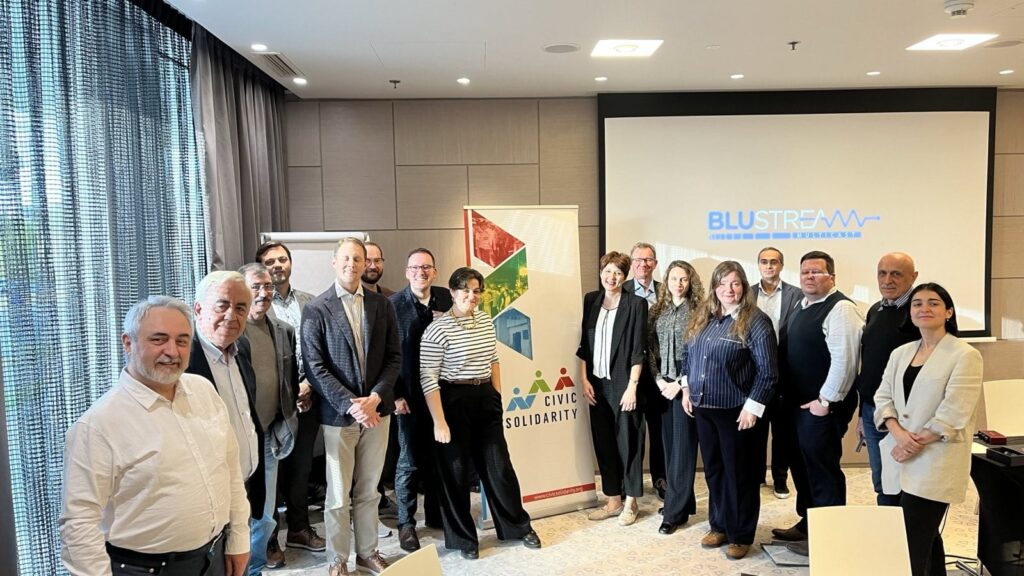
Against the backdrop of this fundamental question Austausch and its partners from the Civic Solidarity Platform launched a seminar dedicated to the topic “The role of civil society in the implementation of the Helsinki principles”. The event has been organized within the framework of the Helsinki+50 process at OSCE that is supposed to be culminating at the 50th anniversary of the Helsinki Final Act of 1975 next year.
Debate “Shoulder to shoulder: German-Polish cooperation within the EU concerning Eastern Europe after the European election”
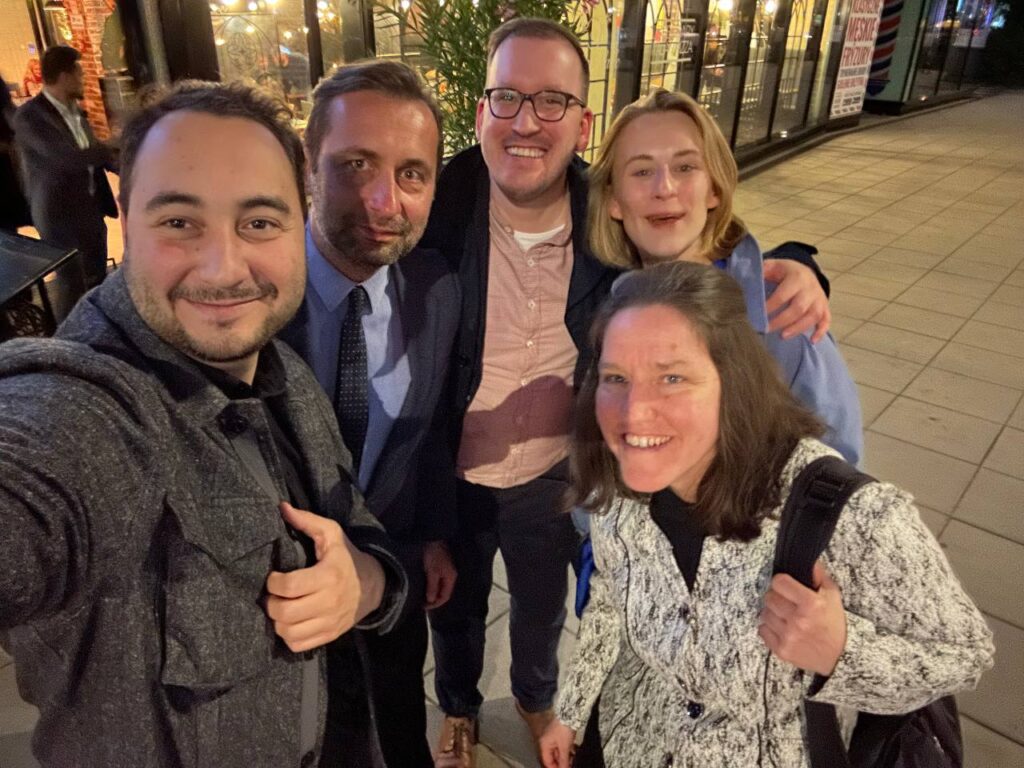
Austausch e.V. took part in panel debate “Shoulder to shoulder: German-Polish cooperation within the EU concerning Eastern Europe after the European election”. Moderated by: Agata Gontarczyk, Head of the Europe and International Politics at the Heinrich Böll Foundation Warsaw.
Lessons from Bucha: Only Liberation Brings Peace
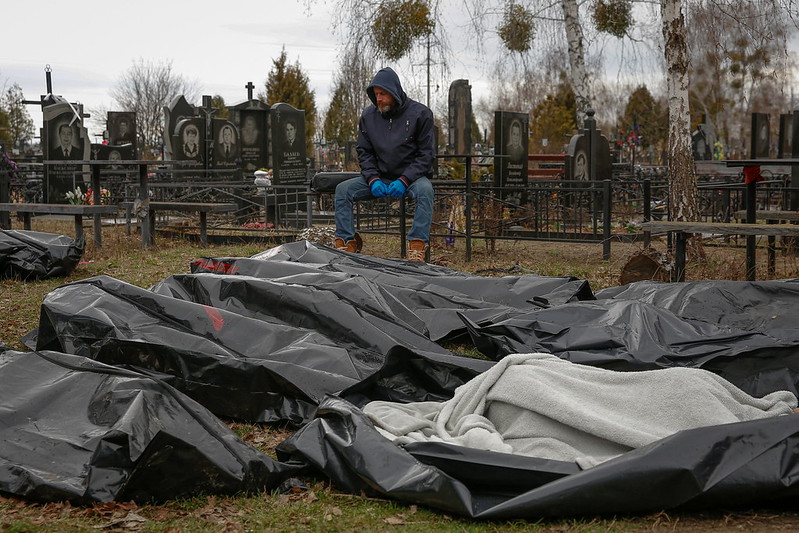
This Sunday marks the second anniversary of the liberation of Bucha in the north of Kyiv. Here is a brief comment from our Director, Igor Mitchnik.
The Terror Attack in Russia as a Symptom of a Complex Crisis and Perspectives on Coping
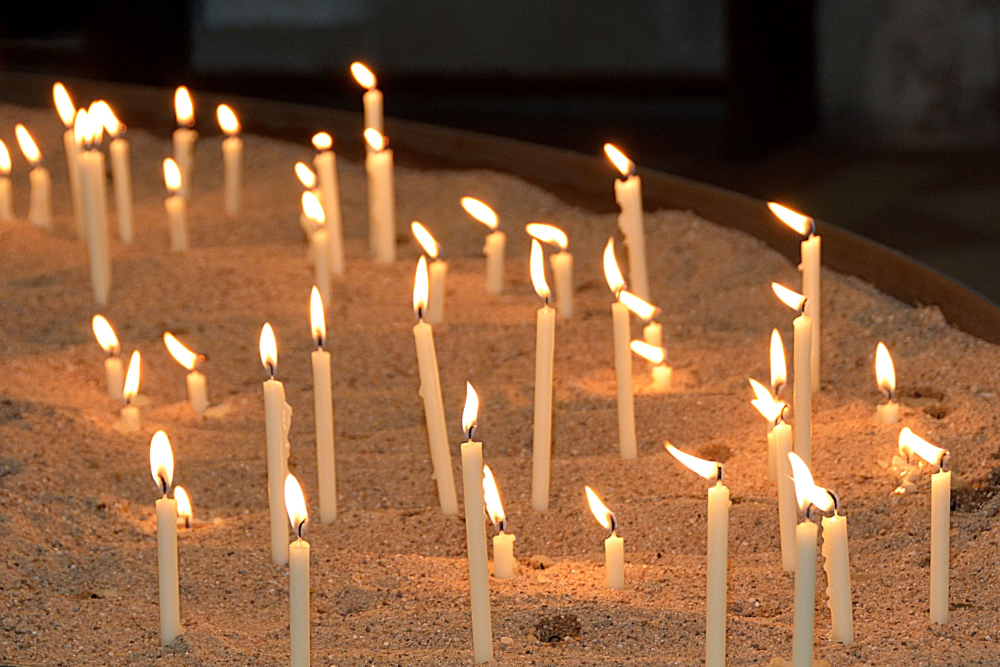
Last Saturday, a terrible terrorist attack took place in Russia. In the following article, we aim to elucidate some background: Why have Central Asians increasingly been involved in terrorist activities in recent years? What are the causes of Islamist radicalization? Why do some of the causes lie within Russia itself? And what can civil society do about it when politics fails to take adequate measures or none at all? And what do we as Austausch to fight against the causes of Islamist radicalization?
Joint Statement by German Organizations listed as ‘Undesirable’ in Russia

Since 2021, we have been considered ‘undesirable’ in Russia. Since then, this ban has affected numerous other organizations working in or with Russia. We have taken the recent bans as an opportunity to draft a joint statement with other affected organizations.
This ‘election’ leaves no choice: Putin must not be internationally recognized!
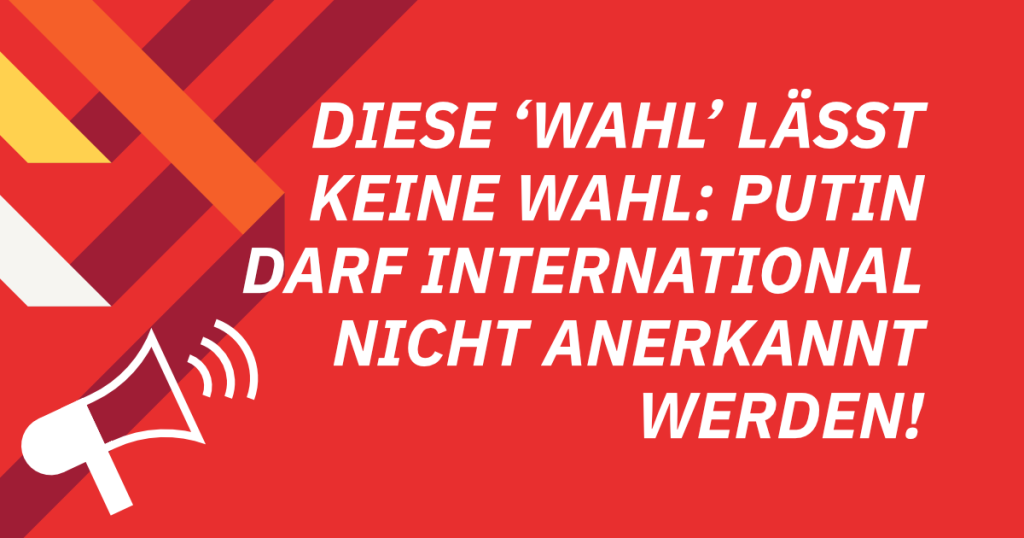
This ‘election’ leaves no choice! On Sunday, Vladimir Putin intends to confirm himself as president in office once again. Leading opposition figures are either imprisoned in Russian jails or, like Alexei Navalny most recently, murdered by the regime.
Interview with Tatsiana Hatsura-Yavorskaya
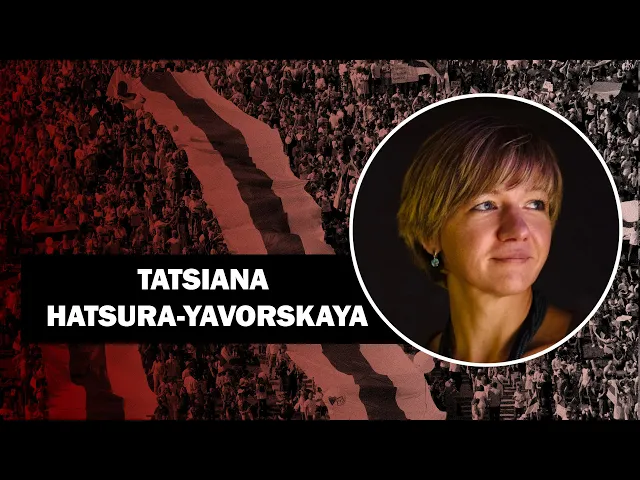
As the war started in Ukraine in February 2022, Tatsiana Hatsura-Yavorskaya left Belarus to join her family in Kyiv. While living there, she helps to build dialogue between the Belarusian diaspora and Ukrainians, which is vital due to the Lukashenka’s cooperation in Russia’s attack. Here Tatsiana is telling her story.